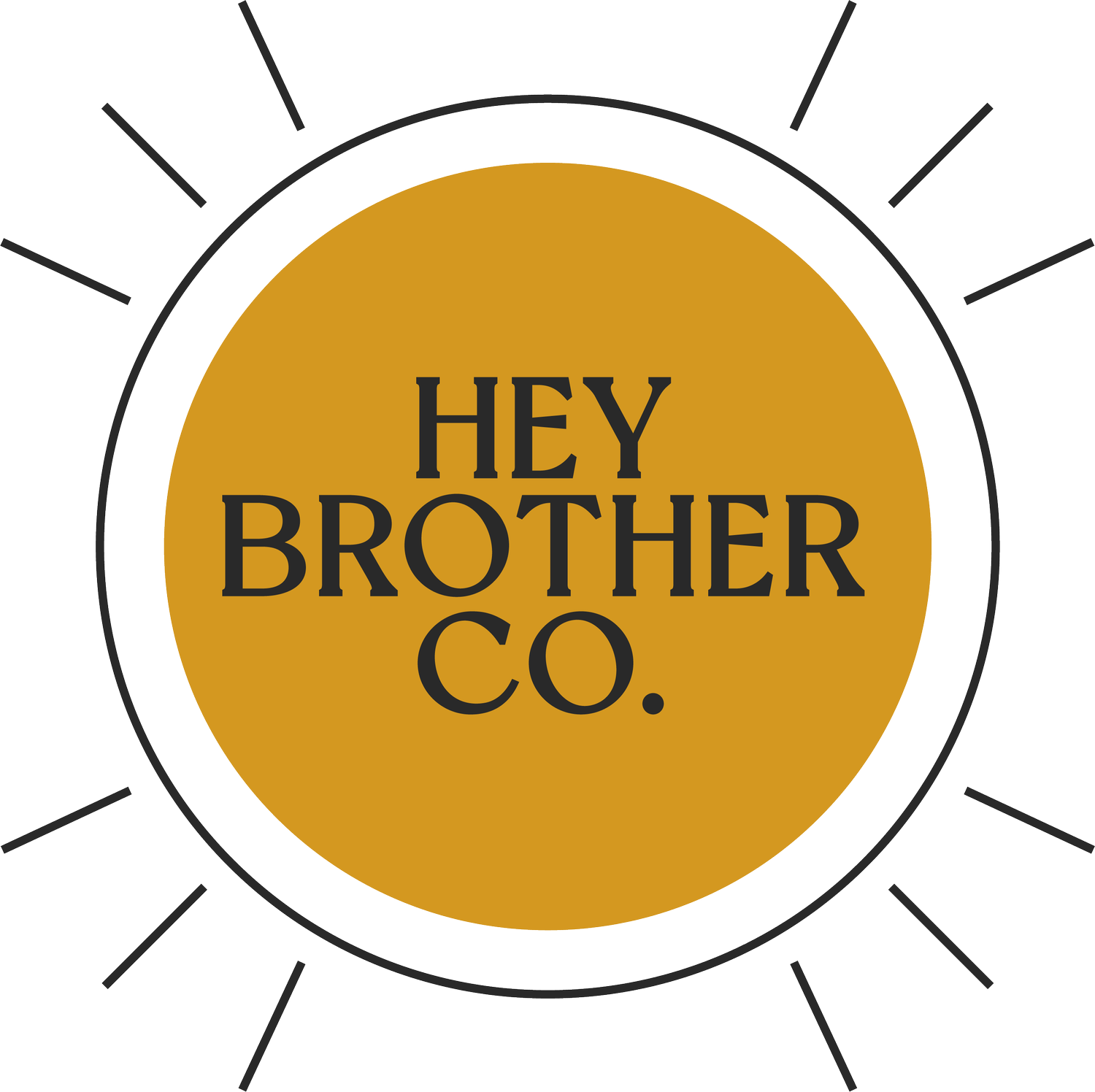My First Men’s Retreat at 22
By John Feldkamp
In my 22 years of life, my definition of men’s work was splitting wood in the winters, tearing down plank fences; and maintaining a stoic expression through hardship like a caricature created by Luke Bryan’s country music. When Johnny Cole invited me to come to Minnesota last July for his first retreat, it was hard to contain my nerves. Knowing I was the youngest by a large margin, I figured the other men would see right through me: immature, inexperienced, without the wisdom they’d ascertained in the near-decade some had lived more than I. Funny enough, they did see right through me; directly to the boy who wanted to do right - the one who needed guidance. What I hadn’t realized until arriving in Minnesota was that although I didn’t have those years of experience, I have years of opportunity - to learn from their words and do better. If you are young, tired of being told what it means to be a man in this world, looking for community, or just looking for guidance, I urge you to read on, and weaponize your youth as a tool to do better.
At first, I committed myself to the retreat as a product of my own curiosity and to better connect with Johnny within his realm of interest. I flew to Minnesota from Boston, the youngest of nine men who were connected by one dimension: Johnny Cole. I was met at the airport, literally falling into the arms of Jericho, a man who, ironically, had been just miles from me my entire time in college at the University of Rochester and yet our paths never crossed.
Before I went on the retreat, I promised myself I would surrender to vulnerability. I’m a stubborn man, and like many, came with a disconcerted notion of men’s work.
If you’re a man who hesitates at the idea of a retreat like this, or the idea of men’s work in general, good. The first step of dismantling our patriarchal bonds is to acknowledge that change is hard. It is easy to remain stagnant, and difficult to surrender an entire weekend to a men’s retreat. While men’s work is indeed work, I would say it is the work of liberation. I, too, hesitated when met with the idea. But I was honest with myself, leaned into the trust that John and I had fostered over years of friendship, and explored that hesitation: one that is rooted in the very script men are conditioned into from our youth. If you feel resistance to men’s work, I challenge you to ask yourself why, and give yourself permission to question your script.
On our retreat, we watched a documentary, we reflected, meditated, journaled, and had the hard conversations. But we also laughed, cried, and played. My favorite part of our time together was cooking communally each night - sharing in the labor of meal preparation creates an unmatched camaraderie. I remember the peaceful aura shared between each of us in our dinner table conversations, the fireside banter under a star-speckled Minnesota sky, and the furrowed brow of each man as we comforted each other in deep, therapeutic picnic-blanket discussion. The healthy balance of work and play is often lost on us in the real world, and in many ways I felt more authentic during that weekend than I ever have.
I recall actively trying to privately encounter each man at least once over the weekend. Many were like me: hard-headed, passionate, loud and introspective; always with something to say. But I also found others who weren’t: they were gentle, empathetic, thoughtful and sensitive. And yet, in those private moments, I saw the validity of this wide spectrum of men unfold before me. I saw how empowering this unique cohort was, when you remove the social hierarchy that separates us. What I mean to say is that regardless of who you are in the lens of society, there was space for everyone on that retreat. I always felt received, heard, and, most importantly, was given space when I hesitated.
I left our retreat with new perspective; challenged to look inward and explore the parts of my authentic self that had been hidden behind my masc(ulinity). From my emotional expression to the literal tone of my voice, I learned that I’d suppressed many of my traits in order to meet the demands of hypermasculinity. I also felt called to display this work extrinsically - in my daily conversations with other men, to help normalize our mission toward un-defining what it means to be a man in our world.
This retreat was a reflection of the amazing human being that Johnny Cole is. As a facilitator, John flawlessly walked the line between serious work and social enjoyment. He reeled us in, taught us, and, as is the best trait of a leader, he was vulnerable and honest with every step. John exemplified the tenets of men’s work during our retreat in a way that I try to personify every day. In place of spikeball skill, John has a natural inclination to create communities, find common ground, and establish a safe haven for men. So, of course, I entered the retreat with a brother in John Cole, and left with seven more. Whether it be in our weekly men’s group meetings or passing through a state on a road trip, I know that I will always have this network of compassionate and engaged men to help me learn, grow, and evolve beyond my hesitation.
